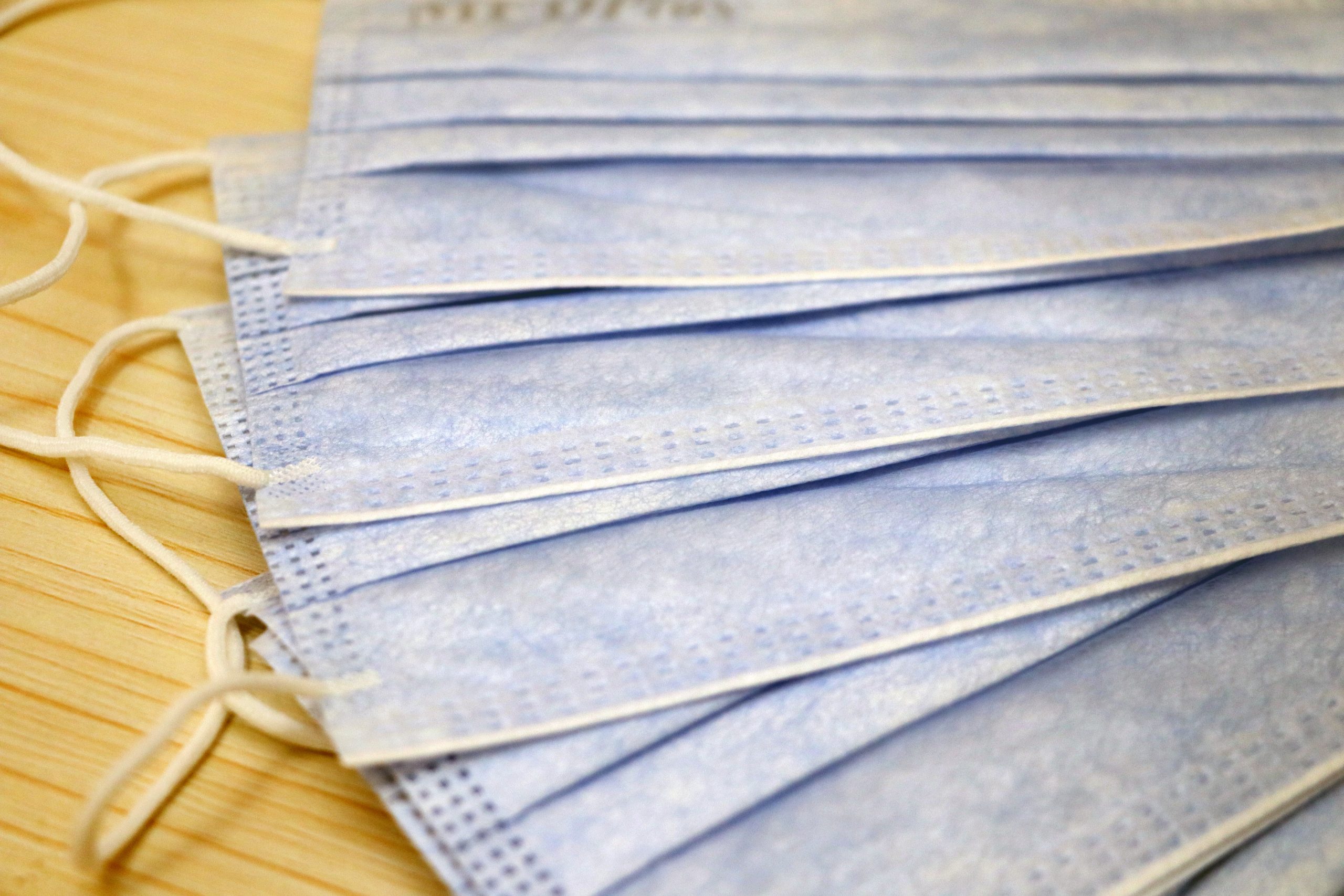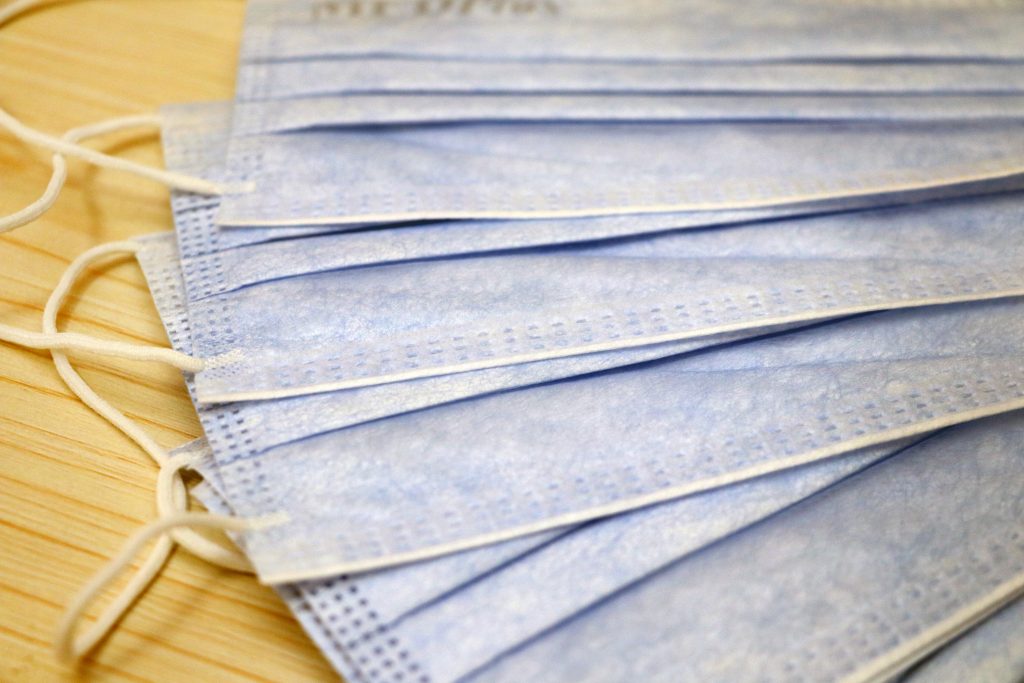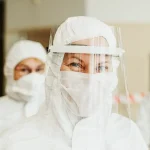
ZAGREB, Dec 16, 2020 – Croatian Public Health Institute (HZJZ) head Krunoslav Capak said on Wednesday that Croatia this week had a considerably lower three-day rolling average of new COVID-19 cases compared to past weeks and that it was now fifth in the EU when it comes to the number of infections.
At a press conference of the national COVID-19 response team, Capak presented three-day data, according to which there were 7,159 new infections this week, 9,019 new infections last week, while two weeks ago there were 8,269 such cases.
The HZJZ also calculated the cumulative COVID-19 incidence rate for Croatia, which is 43,903 cases per one million inhabitants, and there are four EU countries with higher rates — Slovenia, Belgium, the Czech Republic, and Luxembourg.
There are still big differences in incidence rates between counties, with Medjimurje County having the highest incidence rate, followed by Varazdin and Krapina-Zagorje counties, while Dubrovnik-Neretva, Istria, and Pozega-Slavonia counties have the lowest incidence.
Capak also said that the decline in the number of new infections had nothing to do with the fact that rapid antigen tests, who had been widely used in the past two weeks, were not included in the statistics, and he explained that rapid antigen tests were not reliable in diagnosing new patients.
He stressed that there was still no reliable information when the COVID-19 vaccine would be registered in the EU, and therefore when it would arrive in Croatia.
“We have a promise from the manufacturer that it will deliver the promised quantities of the vaccine in January. Enough doses of vaccine have been pre-ordered for Croatia’s entire population,” Capak said.
He explained that it was not yet known how many health workers would be vaccinated because the data from the conducted surveys were not available for all counties.
Asked about the ethics of vaccines, he said there were differences in the technology of vaccine production, but that he personally did not know why some of the vaccines would be unacceptable for ethical reasons.
The head of Zagreb’s Dr Fran Mihaljevic hospital for infectious diseases, Alemka Markotic, said that the Oxford and the Russian vaccine had been produced using fetal cells, in the same way, various vaccines had been produced in the past 55 years and which had been used to vaccine millions of people in recent years.
Markotic called on those who had recently got infected with COVID and had risk factors to contact their family doctors or COVID treatment facilities at an early stage of the disease.











